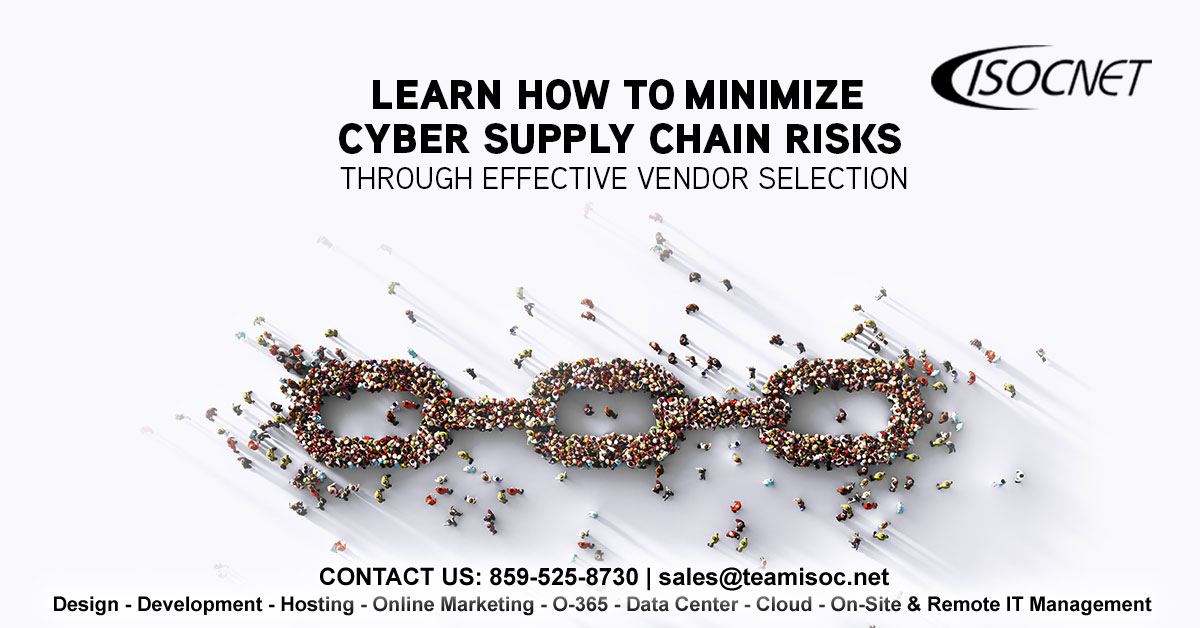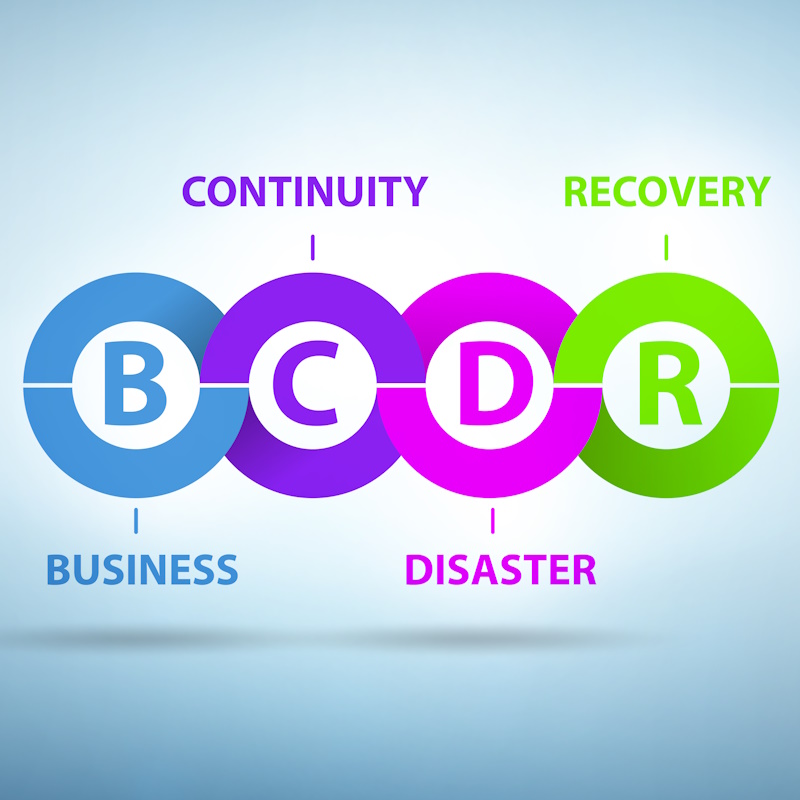Recent Posts
Categories

As a small business owner or IT professional, it’s essential to take a proactive approach to managing cyber supply chain risks. One of the most effective ways to reduce these risks is by carefully selecting vendors who are equipped to meet your organization’s security requirements. In this blog, we’ll discuss six key considerations when vetting vendors for minimizing cyber supply chain risk through effective vendor selection.
Security
The first and most obvious consideration when selecting a vendor is security. You need to ensure that your vendors have implemented robust security measures to protect sensitive data and prevent unauthorized access. Some key questions to ask include:
- What kind of security measures does the vendor have in place to protect sensitive data?
- How does the vendor handle data breaches or other security incidents?
- What kind of security audits or certifications has the vendor received?
Security Certifications
Security certifications can provide valuable insight into a vendor’s security practices and help you assess their ability to meet your organization’s security requirements. Some common certifications to look for include ISO 27001, SOC 2, and PCI DSS.
It’s important to keep in mind that not all certifications are created equal. Some are easier to obtain than others and may not provide as much assurance of a vendor’s security practices. Before relying on a certification, it’s a good idea to research the certification program and understand what it covers.
Data Storage
Data storage is another critical consideration when selecting a vendor. You need to ensure that your vendors are storing sensitive data in a secure and compliant manner. Some key questions to ask include:
- Where is the data stored and who has access to it?
- How is the data encrypted and who holds the encryption keys?
- What kind of data backup and disaster recovery (BCDR) measures does the vendor have in place?
Data Management
In addition to data storage, you need to consider how the vendor manages sensitive data. This includes processes for accessing, using, and disposing of sensitive data. Some key questions to ask include:
- What kind of access controls does the vendor have in place to prevent unauthorized access to sensitive data?
- How does the vendor manage data retention and disposal?
- What kind of data privacy and security policies does the vendor have in place?
Business Continuity and Disaster Recovery Plan (BCDR)
Disasters can strike at any time, so it’s important to ensure that your vendors have a solid disaster recovery plan in place. Some key questions to ask include:
- What kind of BCDR measures does the vendor have in place?
- How does the vendor plan to recover from a disaster and restore service to customers?
- How does the vendor test and validate their BCDR plan?
Cyber Liability Insurance
Finally, you should consider a vendor’s cyber liability insurance coverage. This type of insurance can help protect your organization in the event of a data breach or other security incident. Some key questions to ask include:
- Does the vendor have cyber liability insurance coverage?
- What kind of coverage does the vendor have and what does it cover?
- How does the vendor plan to respond in the event of a data breach or other security incident?
In conclusion, effective vendor selection is critical for minimizing cyber supply chain risks. By considering security, security certifications, data storage, data management, BCDR, and cyber liability insurance in the vetting process, you can ensure that your vendors are equipped to meet your organization’s security requirements and reduce the risk of data breaches and other security incidents.



